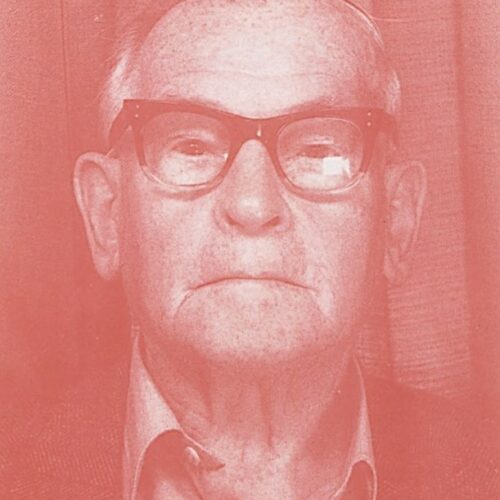

To summarise why I have become a rationalist is a difficult task for one not educated in formal writing, but I think it can be boiled down to a belief that a person should be honest and have the courage to speak out at all times.
Bill Sefton in the New Humanist, November 1993
Bill Sefton was a politician, trade unionist, and humanist, who was leader of Liverpool City Council from 1964 to 1973, and leader and chairman of Merseyside County Council from 1974 to 1978. He was, as The Telegraph would write, a ‘radical tub-thumper of a municipal politician’. In 1978, he was made a Labour peer, becoming Lord Sefton of Garston. Born into a working class family in Liverpool, Sefton was always a fierce defender of the North of England, challenging the perceived bias of government towards London and the South East. He was an Honorary Associate of the Rationalist Press Association, and a patron of the British Humanist Association (now Humanists UK).
William Henry Sefton was born in Garston, Liverpool on 5 August 1915, the son of a docker. He left school at 14, and trained as a plumber before going to work in the Garston Tannery factory. He obtained further education at the National Council of Labour College and, as he told New Humanist in 1993, ‘from life!’.
He joined the Liverpool Labour Party, becoming a delegate to—and later President of—Liverpool Trades Council and Labour Party. He led the left wing Garston group within the joint council, and joined Liverpool City Council in 1953. Sefton ultimately became deputy leader, under Jack Braddock (husband of humanist MP Bessie Braddock). On Jack Braddock’s death in 1964, Sefton took over as leader. When he lost his seat in 1973, he became leader of the Merseyside County Council 1974-77, and of Labour in opposition until 1979. In 1978, he was made a life peer by James Callaghan.
In the House of Lords, Sefton championed secularist principles. In 1988, he caused a stir when debating the Education Reform Bill, challenging its Christian bias. Sefton asked: ‘Is Genesis really true?’ and ‘Do we really believe in the Virgin Birth?’, and when another peer called for him to be ‘no longer heard’, the rest of the House assented. The Bill, which became the Education Reform Act, introduced a National Curriculum, as well as requiring collective worship of a ‘broadly Christian character’ in schools. The Bill placed special emphasis on the importance of those with curriculum responsibility satisfying its requirements on religious education and religious worship. It described a satisfactory curriculum as one which ‘promotes the spiritual, moral, cultural, mental and physical development of pupils at the school and of society’. Sefton tabled an amendment which, after this line, would add ‘promotes an understanding of various religious beliefs and living beliefs such as humanist and secular points of view, but does not promote any particular religion or belief’. This was lost. Sefton told the House:
I have no objection to children being taught about religion. One should tell people about religions and tell them how they spring up, what they have done and what is still being done in the name of religion. One should let people understand. However, one should tell them about all religions and about the other beliefs. They should be informed about humanist beliefs and the person who is a secularist.
Sefton was also an outspoken critic of religious sectarianism, which he had experienced in Liverpool, criticising ‘the cynical attitudes towards it of some politicians who were only interested in using it as a tool to maintain power’. He was both a patron of the British Humanist Association (now Humanists UK), and an Honorary Associate of the Rationalist Press Association. Of the development of his beliefs, he told the New Humanist in 1993:
In 1939 the Church’s attitude to the war finally convinced me that the superstition we had been brainwashed into believing was the biggest obstacle to a real brotherhood of man… In the words of Thomas Paine: “I am a citizen of the world and my religion is to do good.”
Bill Sefton died on 9 September 2001. He was remembered, in the words of The Times, for bringing ‘his own brand of pugnacious advocacy to the Lords’.
Sefton was a fierce advocate of humanist and secularist ideals, supporting many of the key areas in which humanists continue to campaign. In discussing the impact of religious sectarianism, Sefton referred specifically to the school system in Northern Ireland, and to all examples of conflict fought in the name of religion. He adamantly opposed blasphemy laws, and argued for religious education that was inclusive of all religions and beliefs. Today, Humanists UK continues to campaign for inclusive assemblies in place of mandatory religious collective worship, and for progressive reform of the school curriculum. Northern Ireland Humanists advocates for integrated schools and a fully inclusive education system, as well as for the repeal of Northern Ireland’s blasphemy laws. These are all part of a long and ongoing tradition, in which Lord Sefton of Garston was a vivid character.
Lord Sefton | The Guardian
Lord Sefton of Garston | The Telegraph
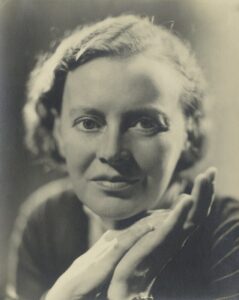
I hold that a writer should not in any circumstances or for any cause surrender his duty to criticise and […]
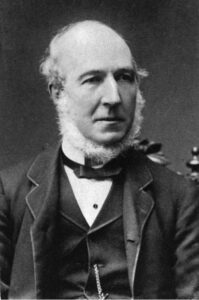
Richard Congreve was a devoted follower of Auguste Comte, whose positivist philosophies and ‘Religion of Humanity’ inspired Congreve to open […]
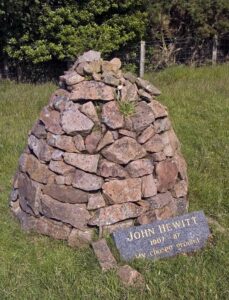
My chosen ground Inscription on the John Hewitt Cairn John Harold Hewitt (1907-1987) was the most significant Ulster poet to […]
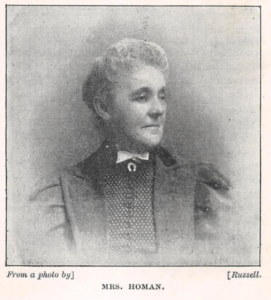
Ruth Homan was an educationist, women’s welfare campaigner, and one of the founding members of the West London Ethical Society […]